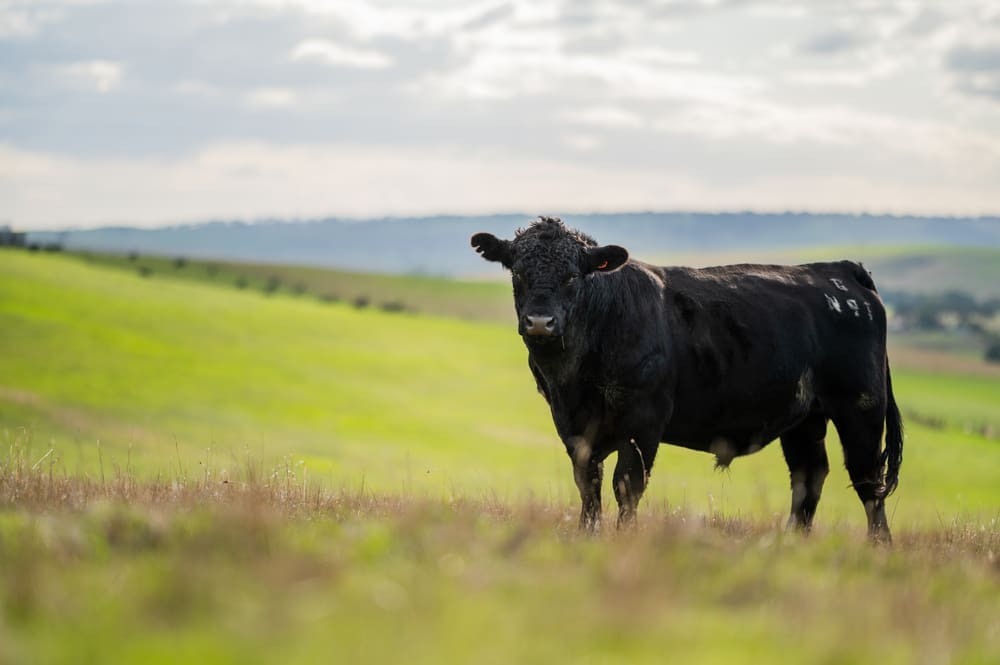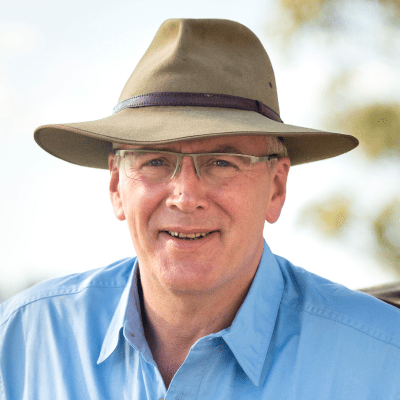For the first time a major global declaration has been signed putting food production and consumption at the centre of national pledges to reduce greenhouse gas emissions.
The declaration was launched at the COP28 global climate policy summit in Dubai last week, with more than 150 countries around the world signing on, including Australia.
(COP stands for “Conference of the Parties”, and serves as an annual meeting where United Nations member countries come together to asess global progress in dealing with climate change and to agree on plans and policy directions for the future. The Dubai event this year was the 28th annual summit, with Baku in Azerbaijan to host COP29 next year, and Brazil to host COP30 in 2025. This year’s conference culminated in almost all countries present agreeing to “transition away from fossil fuels.”)
“No one seems to have picked up on how significant this is”
An earlier declaration relating specifically to agriculture was announced last week, but many have “missed its significance”, says Alasdair MacLeod, who attended the summit.
Mr MacLeod is the owner and chair of the Macdoch Group, which has a wide range of natural capital and regenerative-farming focused agricultural assets in Australia including cattle, beef and cropping properties and commercial carbon market and advisory enterprises.
The declaration means the 150 participating countries will need to count emissions from agriculture in their climate numbers, and include those numbers in the Country Action Plans they will be asked to develop by the COP30 summit in Brazil in 2025.
“By signing the UAE Leaders’ Declaration, Australia has just committed to including agriculture in its NDCs (Nationally Determined Contributions) in a couple of years’ time.
“No one seems to have picked up on how significant this is,” he told Beef Central after returning to London from the Dubai summit.
This has implications for the red meat sector, with more than half of agricultural emissions attributed to livestock.
But at the same time, Mr MacLeod points out, there is an extraordinary amount of resources now going into fixing this issue.
One example included the December 2 announcement at COP28 of a major $200 million funding commitment specifically aimed at increasing research to reduce methane emissions from livestock.
The money has been put forward by a range of entities including Amazon chair Jeff Bezos’ Bezos Earth Fund, former IBM chair Lous V Gerstner Jr’s foundation Gerstner Philanthropies, the Bill and Melinda Gates Foundation and the Governments of the United States, New Zealand and Ireland.
Contrary to reports that COP28 was all about “cutting meat consumption”, Mr MacLeod said much of the discussion was focused instead on solving the methane problem in livestock production, and the summit highlighted the huge level of resources going into solving the methane problem around the world.
“I think the tone was one of confidence – not that it is going to be fixed overnight, but there was a tone of great confidence that the livestock issue will be solved, maybe not 100 percent, but certainly to a greater or lesser extent, the livestock problem will be solved over the years.”
He said there was also a lot of discussion around the opportunities for sequestration into agricultural landscapes, in above ground vegetation and in soil on working farms.
“Most people that I talked to were looking at agriculture as a great opportunity rather than a great problem, because of the sequestration capabilities that are going to be available.”
“Anti-meat” dialogue far more subdued
This is the third COP summit Mr MacLeod has attended, and he said that, despite some media reporting to the contrary, the “anti-meat” dialogue was far more subdued at this event.
“At COP26 in Glasgow, there was a move to make the whole COP site meat free, so two years ago, I would say the anti-meat dialogue was pretty fervent.
“This year, I would say it was significantly muted.
“Yes of course there are still advocates for ‘we have to cut livestock numbers’, but there was in the conversations I was part of, there was a much greater confidence that the livestock issue could be dealt with.
“Whether it is technology to reduce methane emissions, or whether it is opportunities to sequester in grasslands and forestland etc, but I would say it was significant less anti-meat than previous COPs because of the recognition there were going to be solutions to this.”
Asked if discussions at COP28 also centred upon the debate around which metrics should be used to account for the warming effect of methane emissions from livestock, specifically GWP100 versus GWP*, Mr MacLeod said that was not the case.
“I think at the end of the day everyone was of the view that methane is methane and we have got to deal with it.
“So there may have been a little bit of discussion about that but I don’t think a huge amount.”
For more details on last week’s world leader’s agrifood declaration at COP28 click here


